PM’s campaign begins on point but it’s missing vital narrative for small business and families

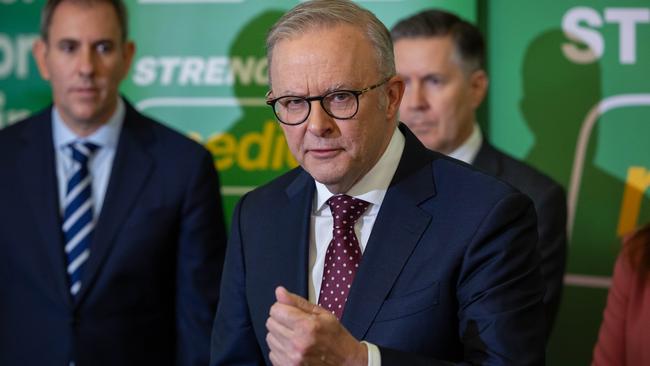
Opening the innings on the offensive in Peter Dutton’s seat of Dickson was a positive step and sent an early message he was not afraid of taking on the Liberal leader.
The Prime Minister’s lines were relatively succinct and he was laser-focused on delivering a message that a vote for Mr Dutton would lead to the end of Medicare as we know it.
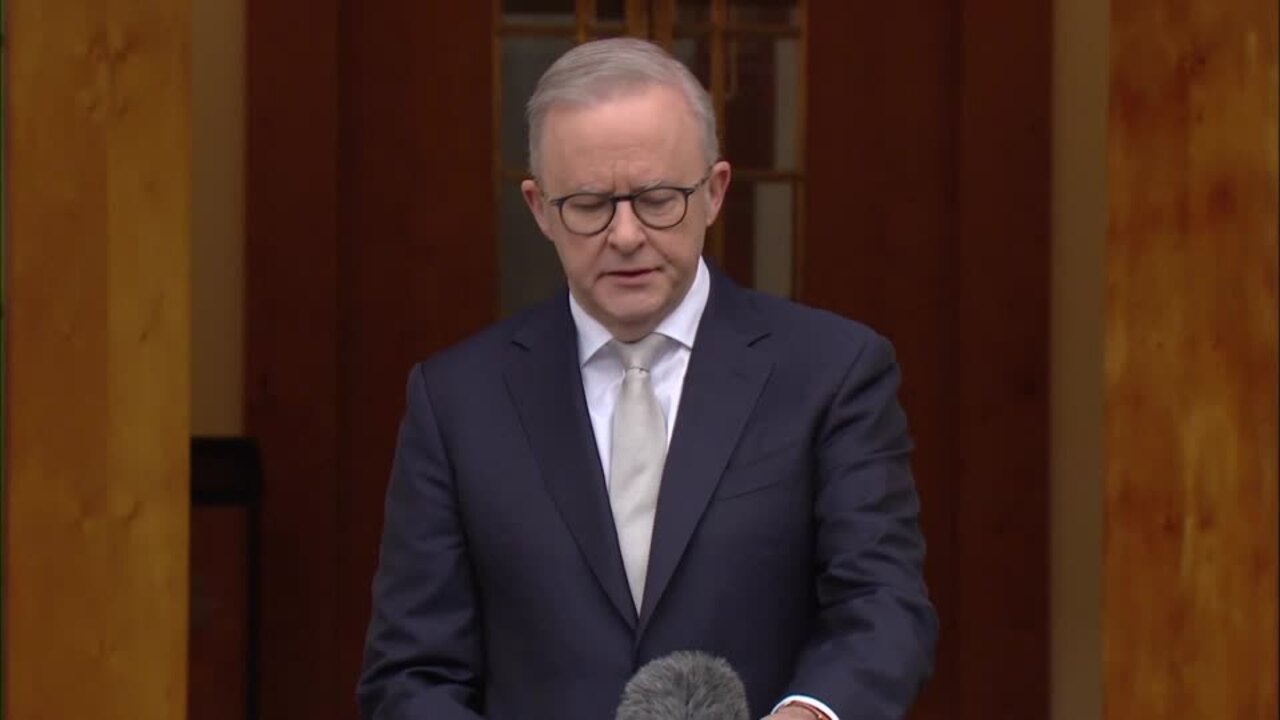
It followed one of the sharpest press conferences of his prime ministership in Canberra on Friday when he told Australians he was running for majority government at a May 3 election and accused the Opposition Leader of borrowing from the playbook of US President Donald Trump.
You can argue with the content but there is no doubt his team has a clear strategy and he is sticking to it.
This is a stark change from the opening two days of the 2022 campaign, with his first press conference being a meaningless ramble followed by a disastrous outing on day two when he could not name the cash rate or the unemployment rate.
He foolishly ignored advice from strategists in the early days of that campaign on the delusion that his charisma would be enough to sweep Australians off their feet and himself into the Lodge.
The brutality of the nation’s top job appears to have humbled and hardened Mr Albanese, leaving him open to input from hardheads about what is needed to win a second term.
After Dickson, he visited the regional Queensland seat of Hinkler and the NSW seat of Eden-Monaro, showing an intention to pack far more into his campaign days than he did in 2022.
But if he is serious about winning majority government, Mr Albanese needs to move beyond a fear campaign against Mr Dutton and saving Medicare.
The Labor leader needs a persuasive narrative about how his government will drive a new era of growth in private enterprise while helping mortgage-belt families get ahead.
One problem is the policy offering is lacklustre for business, with the Albanese government delivering on the union wishlist in its first term in an agenda that has left employers feeling worse off and without hope of being compensated through company tax cuts.
Running solely on the Future Made in Australia agenda and taxpayer support for local manufacturing is not broadbased enough to encourage business and aspirational workers that Labor has a plan for the economy.
The Coalition’s vow to repeal legislated income tax cuts is a campaigning gift for Labor, enabling it to tell voters it is the party of lower taxes despite the relief being worth just $5 a week when it begins mid next year.
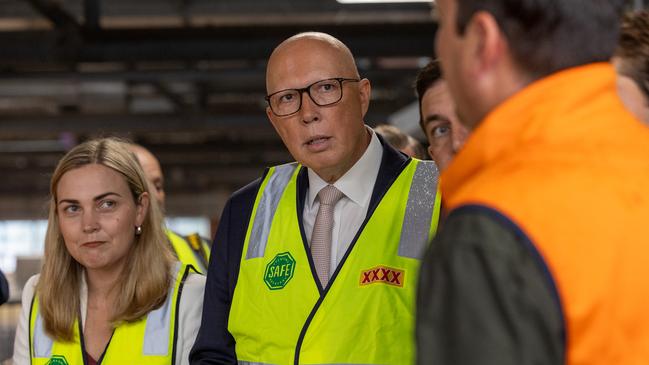
But the most important cost-of-living issue that needs to be addressed is electricity prices, with Mr Dutton putting this front and centre of his campaign by declaring he would lower household bills by the end of the year by bringing on more gas.
While Labor has so far refused to take any responsibility for rising prices, Mr Albanese should unveil plans to not only fast-track the rollout of large-scale renewables projects but also the opening of new gas fields.
And he should make clear his government will need to do better in its second term about bringing on new supply, especially gas, and safeguarding the stability of the grid.
Back on the mechanics of the campaign, Mr Albanese would be foolish to expect he can exude too much control over the travelling press pack.
On Saturday, he began a structure of demanding journalists put their hand up and wait in line to be chosen.
It is understandable he wants the temperature taken down at the daily doorstops from where it was last campaign, but there needs to be a balance.
The “wait in line” approach is typically bad for accountability as it prevents journalists from pulling up a politician who is either lying or flat-out refusing to answer a question.
And for all his complaints about journalists interrupting, it is usually because he does not address the substance of important questions.
The only way controlling questioning could be good for democracy would be if it was accompanied by Mr Albanese and ministers addressing the substance of questions and answering them truthfully.
And how many politicians do that?

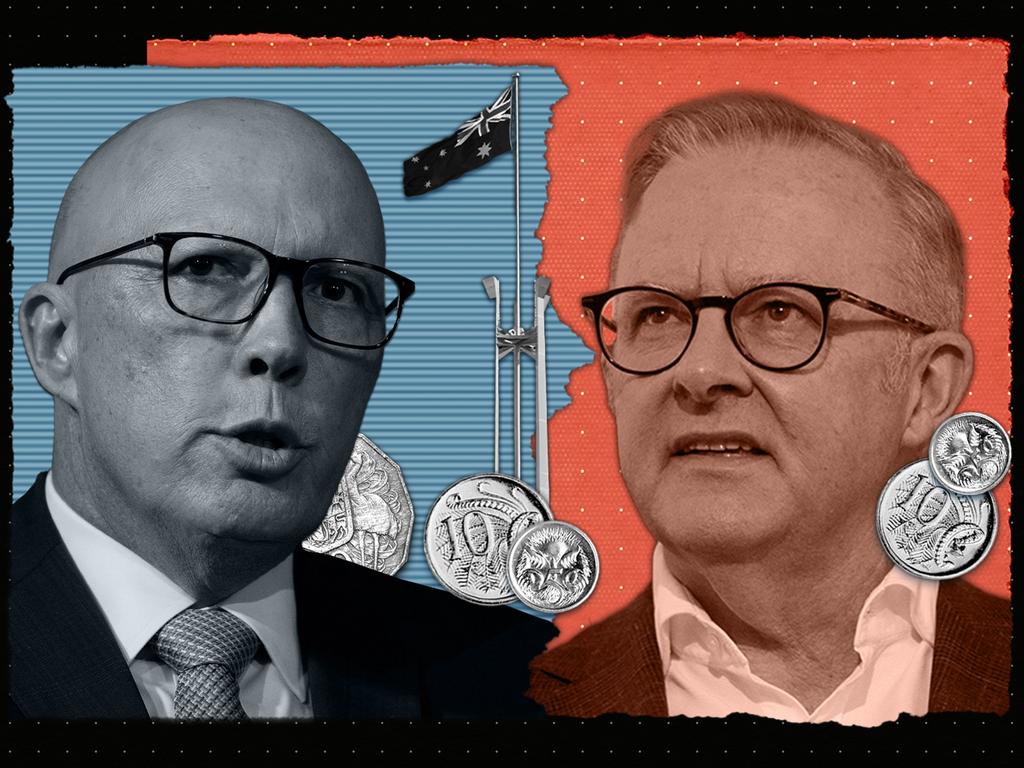
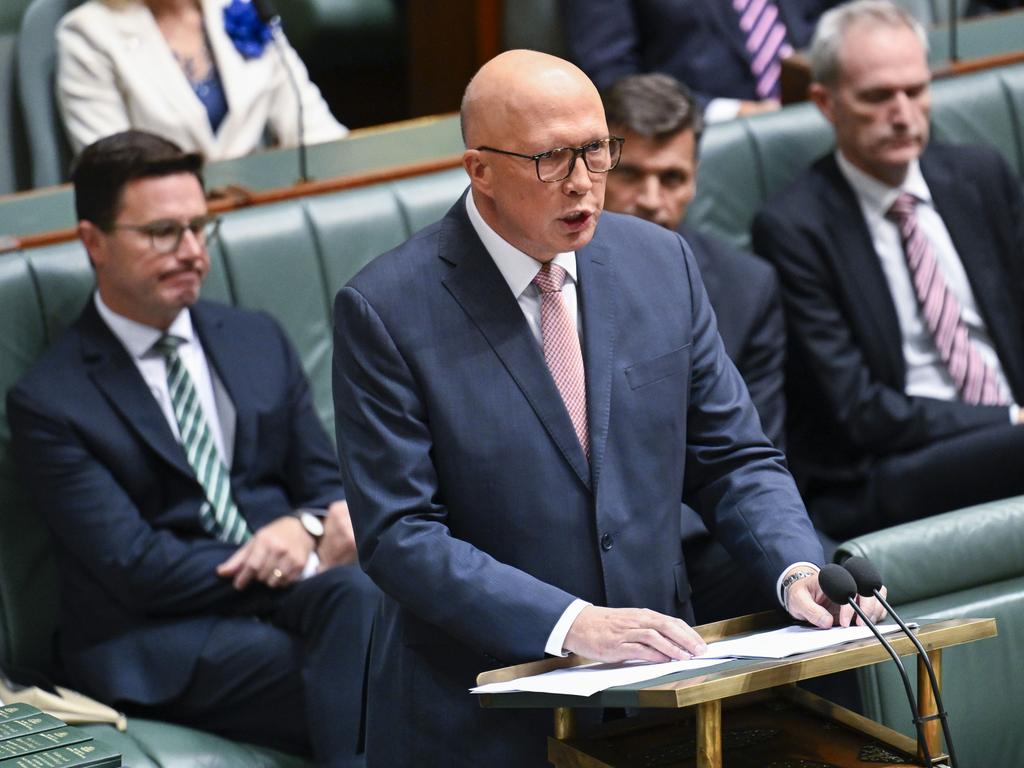
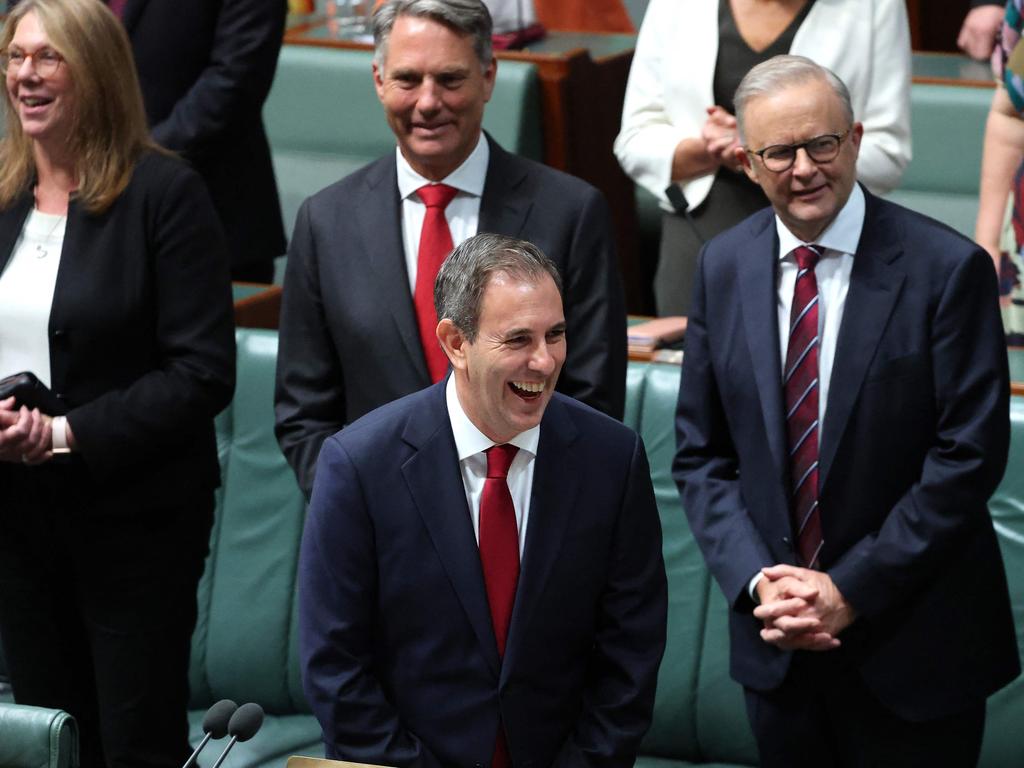


Anthony Albanese is showing all the signs he will be a much better campaigner than at the last election but the test over the next five weeks is whether he can articulate a vision of an easier future for small business and families.